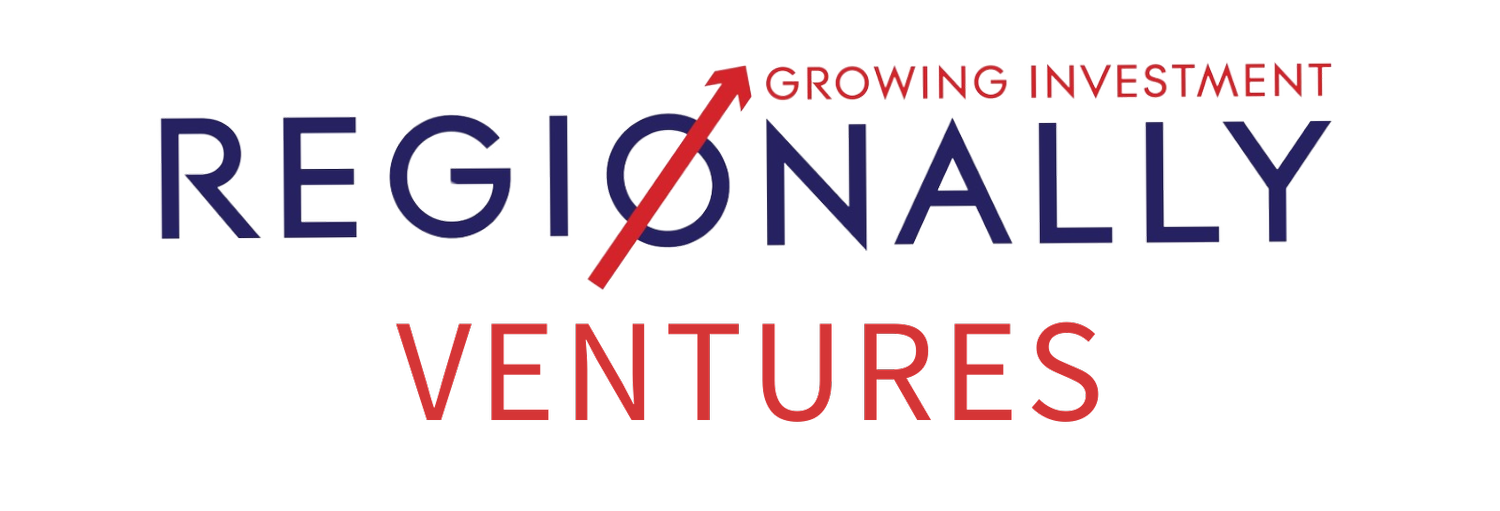Covid-19 and the Midlands: Some Potential Answers
The UK economy suffered a record slump in April, with GDP plunging by 20.4%, bringing the imminent threat of mass job losses (Express and Star, 2020). What is clear is that the scale of Covid-19 and the effects on the economy will be bigger than most businesses have seen in their lifetime. As a region, we must continue to fight the pandemic and the economic uncertainty ahead. Thousands of Midlands firms are in significant financial distress.
We now see the lockdown restrictions gradually easing and shops beginning to reopen, however, any prospect of a ‘V-shaped’ recovery remains unlikely, with many sectors continuing to operate at reduced capacity. Some firms, including those in our hospitality, leisure, and tourism industries, may remain closed for some time and will require flexible and open-ended government support to weather the economic storm. We recently heard in the news that Dudley Zoo is losing around £100,000 per week since the Coronavirus crisis forced it to close. The current crisis is also particularly critical for all cultural and creative sectors across the Midlands regions.
The economic impact of the Coronavirus pandemic will hit the Midlands harder than any other region and leave London the least affected, according to an assessment of the worst affected areas of the UK (The Guardian, 2020). Consultancy firm, KPMG said that an analysis of the likely impact this year on the UK’s regions showed that the closure of car plants and the mothballing of hundreds of factories connected to the automotive sector, means that the economy of the Midlands regions would shrink by 10.1%.
Over the coming months, further action will be needed to limit the long-term economic damage and kickstart a recovery, including closing gaps in government support and providing incentives to help stimulate consumer demand and business investment. Establishing air bridges between countries with low infection rates would provide a much-needed boost to key parts of the UK economy, particularly the Midlands.
Regions need rebalancing and levelling up. A big question is how might ‘levelling up’ be achieved? Spatial inequalities in public spending clearly exist and have done for decades. Within England, public spending per person varies across regions. London gets the most money at both local and general government levels. The Midlands regions need extra capital investment in businesses, infrastructure and research and development.
Another question that needs asking is whether the government will slash local government budgets, regional development funds and many other public services and benefits? We need to carefully watch individual-level metrics like employment, income, and wellbeing to determine whether the government is evening out inequalities.
Going forward, both the Job Retention Scheme and financing support programmes should remain agile and responsive to the evolving economic situation. This will leave us well placed to build an ambitious vision for our Midlands regional economic recovery, one that prioritises jobs, investment and tackling pre-crisis inequalities across our society.
So, in my view what is missing is our own ability to help ourselves as such a vital region. That is to say, allowing us to support and invest in our local businesses - we know them - we often understand, and we need them.
Forgive me then, for mentioning one of my own areas of interest: Regionally. We are addressing these issues and planning to repair the damaged financial investment process by adding into the financial plumbing, bringing together UK investors with regional businesses. The aim, ultimately, is to allow us all to be able to invest directly in our local companies and in our local economy.
Image source: Wikipedia.com
Express and Star (2020)- Economy Shrank by a Fifth in April as Lockdown Took Hold
The Guardian (2020)- How Coronavirus Spreads Through a Population and How we Can Beat It
